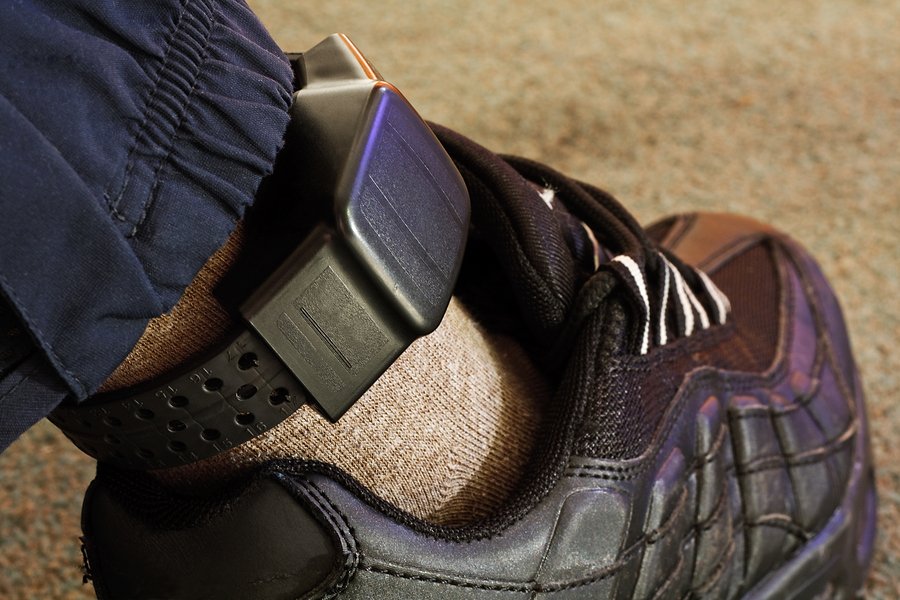What is Home Incarceration?
Home incarceration is a form of incarceration wherein a person is confined in their home instead of in jail or prison. Home Incarceration was created by the South Carolina Legislature as an alternative to incarceration for low risk, nonviolent adult and juvenile offenders. It is up to each jurisdiction to implement a home incarceration program if they so choose; this means it is up to each individual county to create a home incarceration program. According to South Carolina Code Ann. Section 24-13-1530, home incarceration may be used as an alternative to the following correctional programs: pretrial detention, probation, diversionary programs, parole, work release, furlough, jail diversion, or shock incarceration.
What does all this mean?
First, it is important to know if the county where a person has a charge pending has a home incarceration program. And the programs may be called different things in different counties; for instance, it is called HIP (Home Incarceration Program) in Greenville County, in Spartanburg County it is called Home Detention.
If home incarceration is available in the county where a person has been charged with a crime or convicted of a crime, it may be used as an alternative to jail or prison. Often times it is used as a condition of being released on bond, as opposed to remaining in jail until a person’s case is called to trial. When it is used as a condition of bond, the person is confined in their home until their case is disposed of in Court. Home Incarceration may also be used a sentence after a conviction or a guilty plea. Instead of being sentenced to jail, prison, or probation, the individual is sentenced to confinement in their home for a specific period of time.
Can I leave my home if I’m on Home Incarceration?
ASK YOUR SUPERVISOR! Whenever I have a client who is in the home incarceration program, I always tell them to ask whomever is supervising them when they can leave the home and where they can go. The agency charged with supervising a person on home incarceration will notify the person where they can go and when they can go. DO NOT LEAVE YOUR HOME UNLESS YOU HAVE PERMISSION.
Pursuant to South Carolina Code Section 24-13-1540, approved absences from home may include the following: employment and traveling to or from employment, seeking employment, doctor’s appointments and treatment programs, school, church, or community service.
What is electronic monitoring?
The majority of the time a person is sentenced to home incarceration, they are placed on electronic monitoring. The electronic monitoring is used to monitor if a person is at home when they are supposed to be at home; usually the person is fitted with an ankle monitor. In other cases, a person may be placed on GPS monitoring while they are on home incarceration. The GPS monitoring tracks a person’s every move. In rare instances, a person is sentenced to home incarceration with no electronic monitoring or GPS monitoring; if the person is out on bond, the person’s bonding company may charged with monitoring the individual.
Are there any other conditions to home incarceration?
The Court may place additional conditions on a home incarceration sentence. An example is that a Court may add a condition that a person cannot go within a certain radius of a victim or alleged victim’s home. Usually a person is also subject to random drug screens while on home incarceration. It is also a program where the accused or the convicted person must pay to be on the program.
What happens if I violate my home incarceration?
If a person is out on bond and violates their home incarceration, that person’s bond is revoked and he or she is incarcerated pending trial. If the person is serving a home incarceration sentence, that person will be brought before a judge and sentenced prison for the remaining balance of his or her sentence.
If you have questions about home incarceration, contact John.
If you are in need of a Criminal Lawyer, contact John to discuss your situation.





